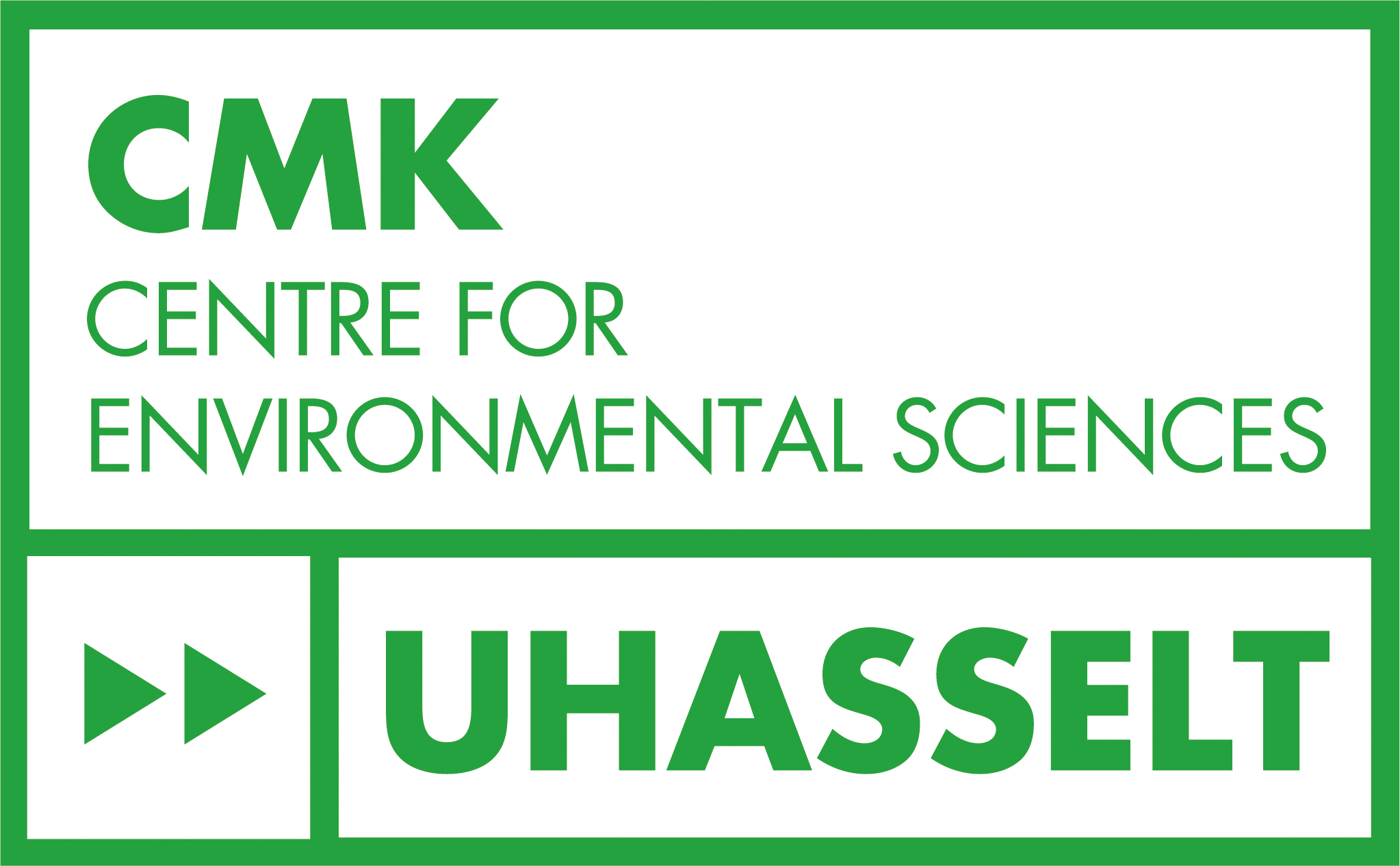Study the effect of the environment on well-being


We study the impact of green for better living, working and learning conditions
Exposure to nature, including green spaces, has been associated with improved physical and mental health as well as well-being. We use Epigenetics as a sensitive and early measure which can represent sensors of external stimuli, interfacing between exposure and health outcome. These chemical processes which influence the ability of DNA to give instructions, are an inheritable mechanism with long-term health outcomes and may influence whether phenotypes could be manifested physically. Moreover, we perform intervention studies to analyze how stress can lower and cognition can improve when employees perform activities in nature during the work hours, and to analyse the impact of exposure to nature on the health, cognitive performance and well-being of schoolchildren. We integrate subjective (well-being, life satisfaction) and objective (epigenetics, cognition) outcomes with the ultimate goal of providing a solid and practical scientific evidence-base for policy-makers, enabling them to devise and implement informed and cost-effective interventions, aimed at improving mental health and well-being.
Projects
- GREENBRAIN - The physiological and economic impact of nearby green space on stress, cognitive and behavioral development and mental well-being of children
- Groene gezonde basisscholen - Joint project funded by the Belgian province of Limburg and the Dutch province of Limburg.
- Nature based prevention for burnout - This pilot study analyzes the effect of nature-based activities for the reduction of work-related stress disorders
Professors
Robert Malina

Environmental Economics
Michelle Plusquin

Environmental Epidemiology
Nadia Soudzilovskaia

Environmental Biology
